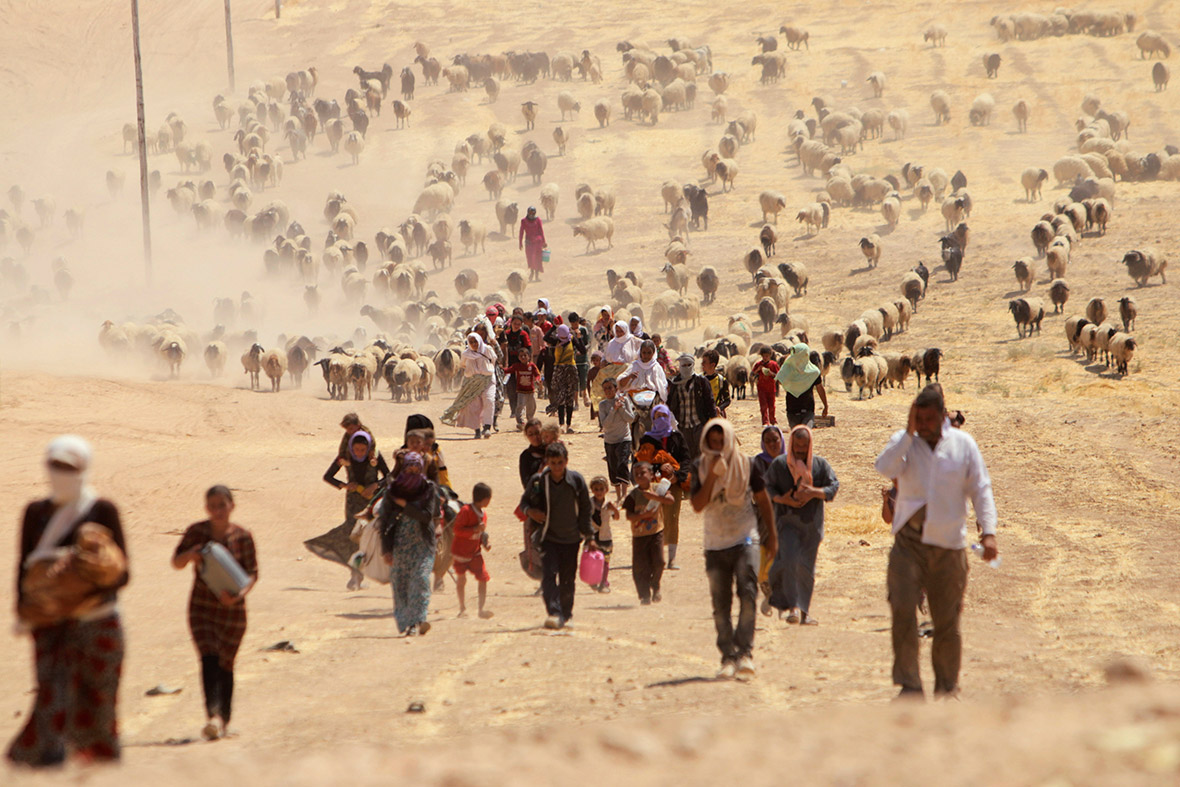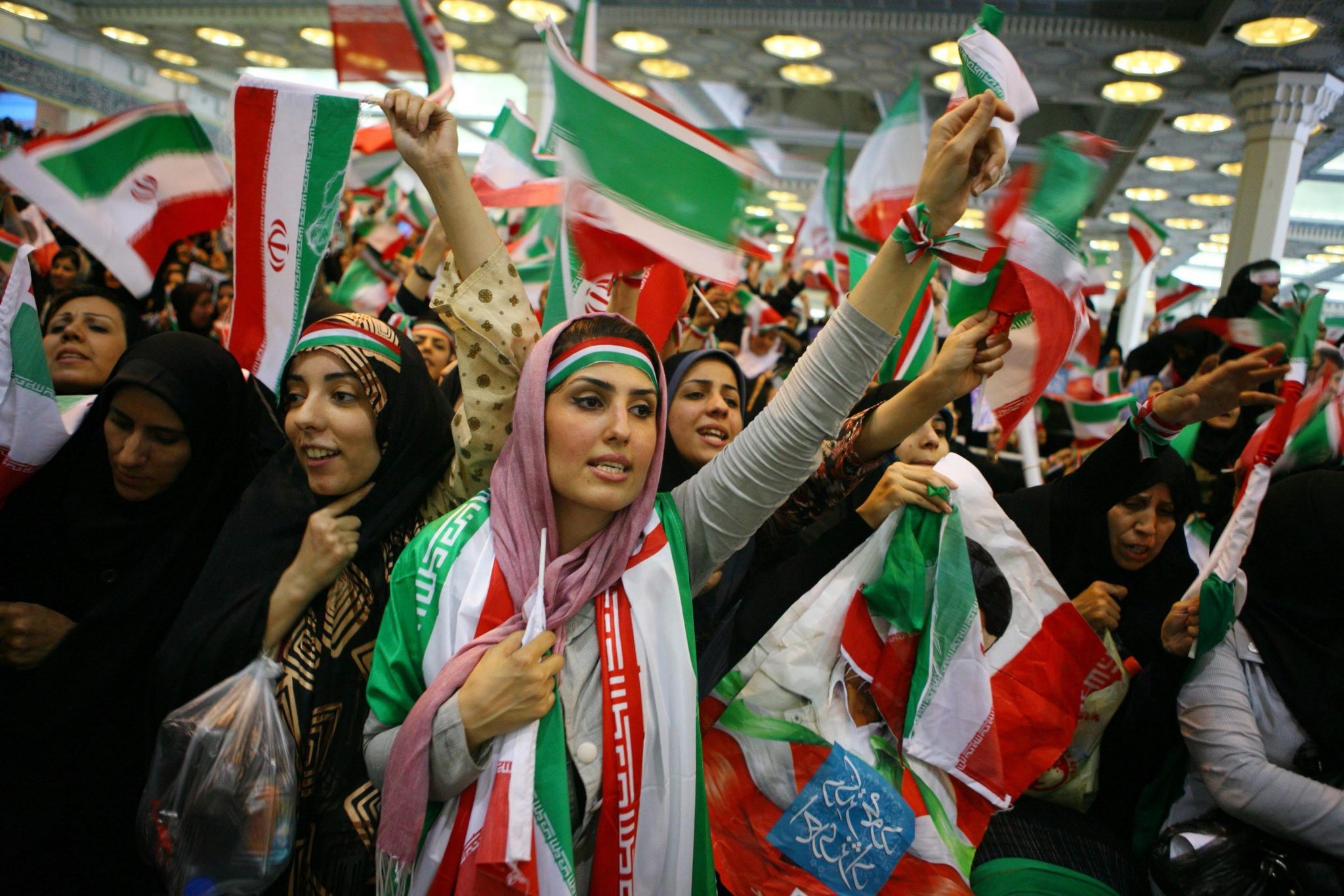
photo source: ibtimes
A few days ago, a drowned child’s picture on the coast of Turkey, became the tragic poster of the ongoing Syrian refugee crisis. The three year old Aylan Kurdi’s washed up body, has exposed us to this tragedy’s grim reality.
But he is only one of the many that perished. Thousands of refugees are arriving wave upon wave on European shores. They are fleeing from war torn Syria and other regions, trying to find shelter in our continent’s rich nations.
Their sheer numbers are challenging our continent’s ability to respond. Plus this situation poses a hot topic for a debate, as every European nation being affected by it.
Europe has been very slow to react until now. It is evident that our continent should have formed a joined policy for such humanitarian crises, as the phenomenon is not new.
Ever since the war in Iraq and Afghanistan, or later the Arab Spring, the rise of ISIL or even the war in Ukraine and the annexation of Crimea by Russia, Europe should have been prepared.
As the issue affects our continent collectively, which additionally suffers from an economic crisis, sharing the responsibility must become a norm among European states.
Furthermore we got to grasp the root of the problem, which is the instability in the Middle East. If ISIL achieves its goal and becomes a major power in the region, the phenomenon of migration into Europe won’t stop any time soon.
This group is committing an ethnic cleansing, in its effort to gain more land and power from other nations in the Levant and perhaps beyond.
As long as there is no peace in the Middle East, the numbers of the refugees will keep growing. Europe must decide how to deal with the problem, or with ISIL. It cannot hide its head in the sand, hoping that it will just go away.
European nations should set up refugee welcome camps all over its territory, while sharing their number and the financial responsibility to accommodate them.
They should agree on the creation of a policy that will ensure either their integration in our countries, or gradual repatriation once the threat is over in theirs. Our continent must prepare for the future.
As these people are refugees and not economic migrants, it is not necessary that they will all stay in Europe for good. Yet we do have the moral obligation to be part of the solution.
We have far more resources than nations like Turkey, Lebanon or Jordan, which have been dealing with the problem for far longer than us. We should also try to engage other nations of the world, ensuring a global response to the crisis.
Europe must show leadership and convince them to get involved. This is a global humanitarian crisis, not just a European one. For example the Arab Gulf states or Israel have done little to assist, by opening their borders.
Russia and China which have blocked a UN resolution on Syria last year, which could have helped end the war, are also absent from any humanitarian crisis relief.
The USA and other wealthy nations that were part of its military operations in the region in the past, could become more engaged as well; like Japan, South Korea, Australia, Canada and New Zealand.
Finally, Europe has the responsibility to act, both towards its own citizens and the refugees.
If the situation continues without being properly dealt, it poses a major security threat for all European nations and a potential cause for social arrest and instability. It has simply passed the decision time and it needs urgently action.



